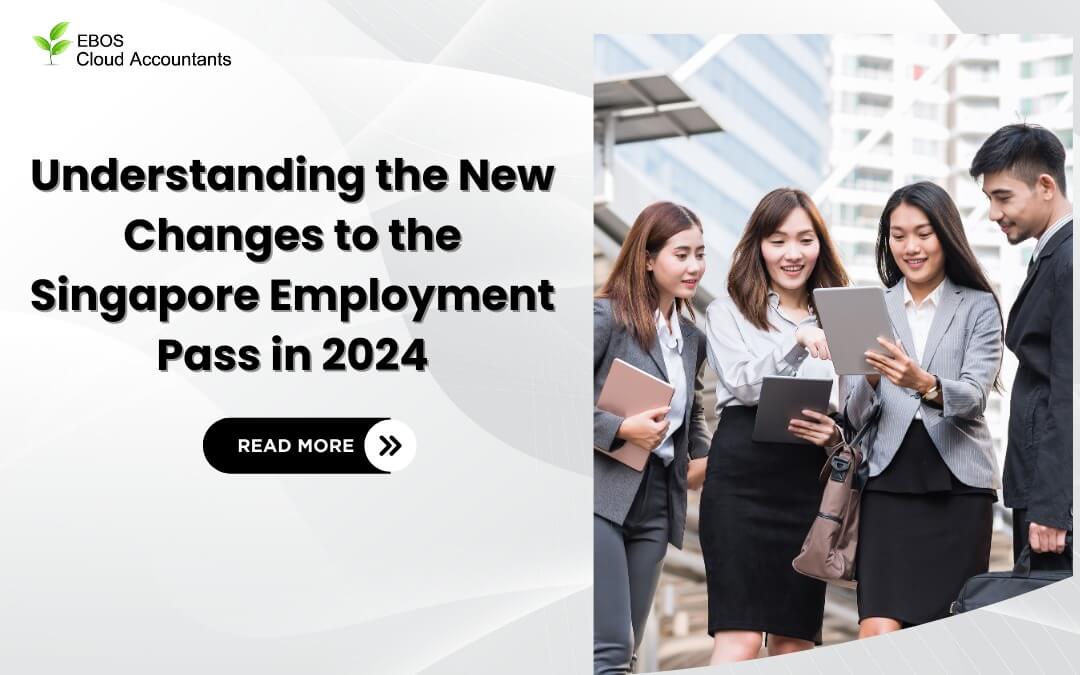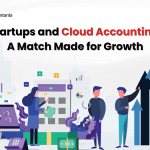The Singapore Employment Pass (EP) has long served as a gateway for overseas professionals looking to work in one of Asia’s most vibrant economies. However, keeping up with the latest legislation is critical for both businesses and employees.
Significant modifications to the Employment Pass framework will take effect in 2024, with the goal of keeping Singapore competitive while balancing the demands of local and foreign workers.
This blog article will go into these new changes, discussing their ramifications, the rationale behind the changes, and what you need to know to effectively traverse the upgraded criteria.
Understanding Singapore’s Employment Pass
The Employment Pass allows foreign professionals, managers, executives, and skilled workers to live and work in Singapore.
Individuals must meet particular criteria to be considered for an EP, such as minimum wage levels, educational qualifications, and job experience. These criteria have been rigorously designed to ensure that foreign workers make a meaningful contribution to Singapore’s workforce.
Employment Passes (EP) That Are Available
Singapore provides three types of Employment Passes to appeal to different skill levels and industries:
- Employment Pass for Professionals: This is the most frequent form, intended for mid- to high-skilled workers. The minimum monthly wage required varies depending on age and industry, indicating the importance of experience and skill set.2. S Pass for Mid-Skilled Workers: Designed for mid-skilled workers, the S Pass provides an accessible option for those who may not be eligible for an Employment Pass. Eligibility is determined by qualifications, experience, and employer quota compliance.
3. Miscellaneous Work Pass for Short-Term Work: Ideal for short-term, non-traditional employment in Singapore.
Understanding these categories is critical when applying for the appropriate Employment Pass and complying with immigration laws.
New Updates and Requirements
As Singapore grows as a worldwide corporate hub, it continually refines its foreign work pass laws to retain competitiveness while fostering local talent. Here are the latest updates:
A. Immigration Policies: Singapore implemented electronic Visit Passes (E Passes) to expedite immigration procedures and effectively utilize digital technology.
- New Minimum E Pass Salary Requirements: The minimum qualifying salary in most sectors is SGD 5,000, with the exception of financial services, which is SGD 5,500. This criterion gradually increases with age, emphasizing experience and skill matching with local employment demands.C. The COMPASS Assessment Framework: Beginning September 1, 2023, the COMPASS framework evaluates EP candidates’ eligibility. Candidates must score at least 40 points in a variety of categories, including compensation, qualifications, diversity, and support for local employment.
Effects of Changes on Businesses
These modifications are intended to give businesses access to a suitable talent pool and fair compensation for overseas workers.
Companies should pay better attention to EP holder compensation, particularly during renewals. COMPASS makes it more difficult to hire lower-qualified EP holders, therefore meeting eligibility standards is critical.
Summary
Businesses and international professionals must stay up to date with Singapore’s ever-changing Employment Pass laws.
These measures are intended to strike a balance between attracting global talent and maintaining local prospects, making Singapore an excellent location for startups to create new firms.
Contact EBOS Cloud Accountants immediately to stay up to date on the newest Employment Pass regulations and policies. Subscribe to our newsletter to receive regular updates and professional insights.







